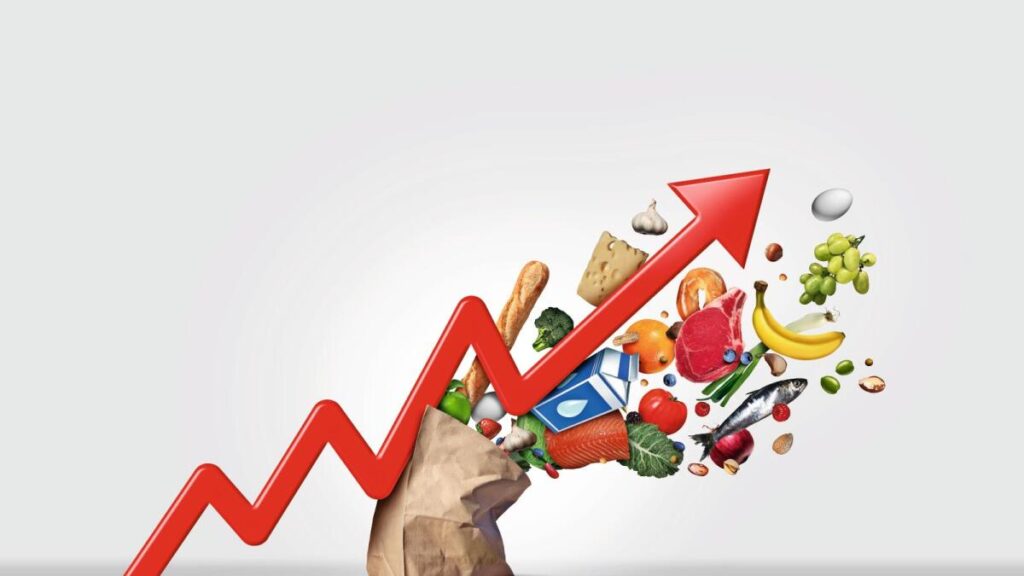INFLATION AND ITS EFFECTS ON THE GLOBAL ECONOMY
Introduction
Inflation is an economic phenomenon characterized by a sustained increase in the general price level of goods and services in an economy over a period of time. While moderate inflation is considered healthy for an economy, high or prolonged inflation can have significant effects on the global economy. This article explores the causes of inflation, its consequences, and its impact on various aspects of the global economy.
Causes of Inflation
Inflation can be caused by several factors, including:
- Demand-Pull Inflation: This occurs when the aggregate demand for goods and services exceeds the available supply, leading to an increase in prices. Factors such as increased consumer spending, expansionary fiscal policies, or loose monetary policies can contribute to demand-pull inflation.
- Cost-Push Inflation: This type of inflation arises when the production costs for businesses increase, leading to higher prices for consumers. Factors like rising wages, increased raw material costs, or higher taxes can contribute to cost-push inflation.
- Monetary Inflation: When there is an excessive increase in the money supply in an economy, it can lead to inflation. This usually occurs when central banks engage in expansionary monetary policies, such as lowering interest rates or engaging in quantitative easing.
Effects of Inflation on the Global Economy
- Reduced Purchasing Power: Inflation erodes the purchasing power of consumers and reduces their standard of living. As prices rise, the same amount of money buys fewer goods and services, leading to a decline in real income.
- Uncertainty and Market Volatility: High or unpredictable inflation rates create uncertainty in financial markets. Investors become cautious about long-term investments, leading to increased market volatility and reduced business investment.
- Redistribution of Wealth: Inflation can lead to a redistribution of wealth within the economy. Creditors, savers, and those on fixed incomes are negatively affected as the value of their assets and incomes decrease in real terms. Conversely, borrowers who hold debts in nominal terms benefit from inflation, as the real value of their debt decreases over time.
- Global Trade and Competitiveness: Inflation can impact a country’s international competitiveness. If domestic prices rise faster than those of trading partners, exports become more expensive, resulting in reduced demand for goods and services. This can lead to a deterioration of a country’s trade balance and affect economic growth.
- Central Bank Challenges: Central banks play a crucial role in managing inflation. When inflation is high, central banks may be forced to implement contractionary monetary policies, such as raising interest rates, to control price levels. However, these policies can also slow down economic growth and increase unemployment rates.
- Social and Political Consequences: High inflation rates can have significant social and political consequences. It can lead to social unrest, as the general population becomes dissatisfied with rising prices and declining living standards. Political instability may arise, and policymakers may face pressure to take drastic measures to address inflation.
Mitigating Inflation’s Effects
To mitigate the negative effects of inflation on the global economy, policymakers and central banks often employ several measures, including:
- Monetary Policy: Central banks can adjust interest rates and implement open market operations to control the money supply and stabilize prices.
- Fiscal Policy: Governments can use fiscal measures like taxation and government spending to manage aggregate demand and control inflationary pressures.
- Supply-Side Policies: Encouraging productivity growth and investments in infrastructure can help increase the supply of goods and services, reducing inflationary pressures.
- Wage and Price Controls: In some cases, governments may implement wage and price controls to limit price increases. However, these measures are often temporary and can have unintended consequences.
Conclusion
Inflation, when managed effectively, can contribute to economic growth and stability. However, high or prolonged inflation can have detrimental effects on the global economy. The erosion of purchasing power, market volatility, wealth redistribution, and challenges faced by central banks are some of the consequences of inflation. To mitigate these effects, policymakers and central banks must employ appropriate measures to control inflation and maintain price stability, ensuring sustainable economic growth and prosperity for all.


